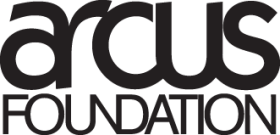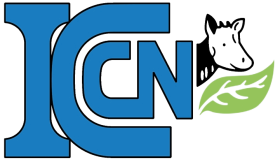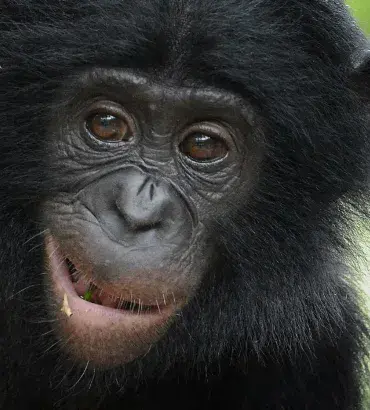92% Portion of the landscape currently being covered by AWF-supported ranger patrols
Maringa-Lopori-Wamba
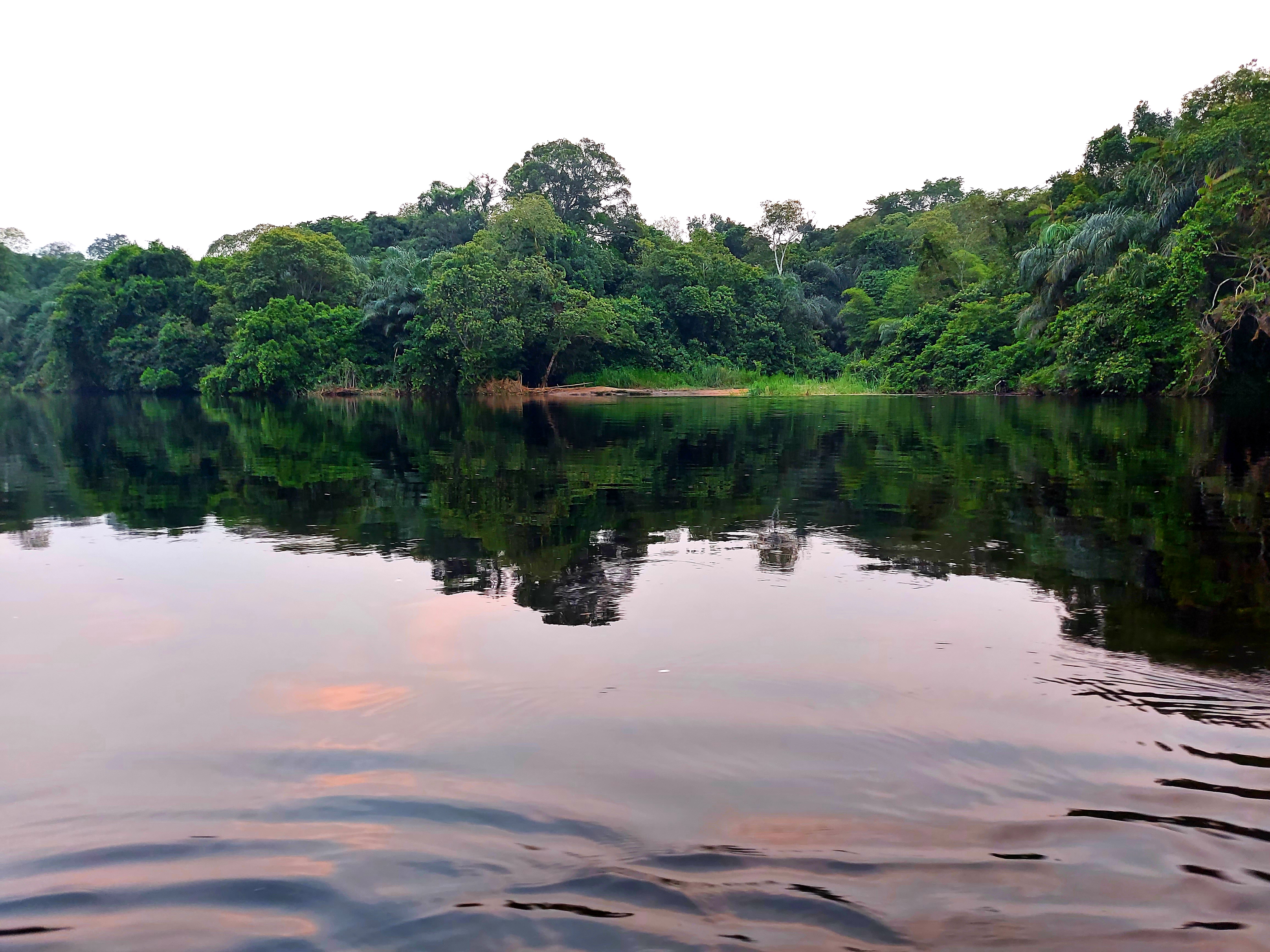
The Maringa-Lopori-Wamba (MLW) landscape covers approximately 72,000 square kilometers and is home to many endangered species, including the bonobo, found only in the DRC. To help promote long-term resilience and food security, we are intensively engaged with local communities in land-use planning, conservation projects, and sustainable livelihood strategies.
We have helped communities establish two bonobo reserves in this high-priority landscape. The 3,625-square-kilometer Lomako–Yokokala Faunal Reserve and the 1,030-square-kilometer Iyondji Community Bonobo Reserve comprise a bonobo habitat of global significance.
Conservation and development solutions assist local and Indigenous people, as well as indigenous wildlife. They include:
- Community livelihood projects, including training in entrepreneurship and microenterprise
- Support for participatory land-use planning
- Anti-poaching and law-enforcement support in partnership with the Institut Congolais pour la Conservation de la Nature (The DRC’s wildlife authority)
- Biological monitoring of wildlife populations and habitat
- Regular community sensitization to conservation goals and importance through meetings and public awareness campaigns
Rangers Safeguard Bonobos
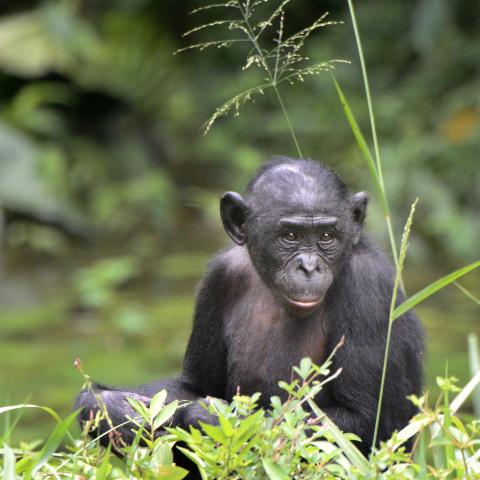
Pagination
- Previous page
- Page 2
- Next page
